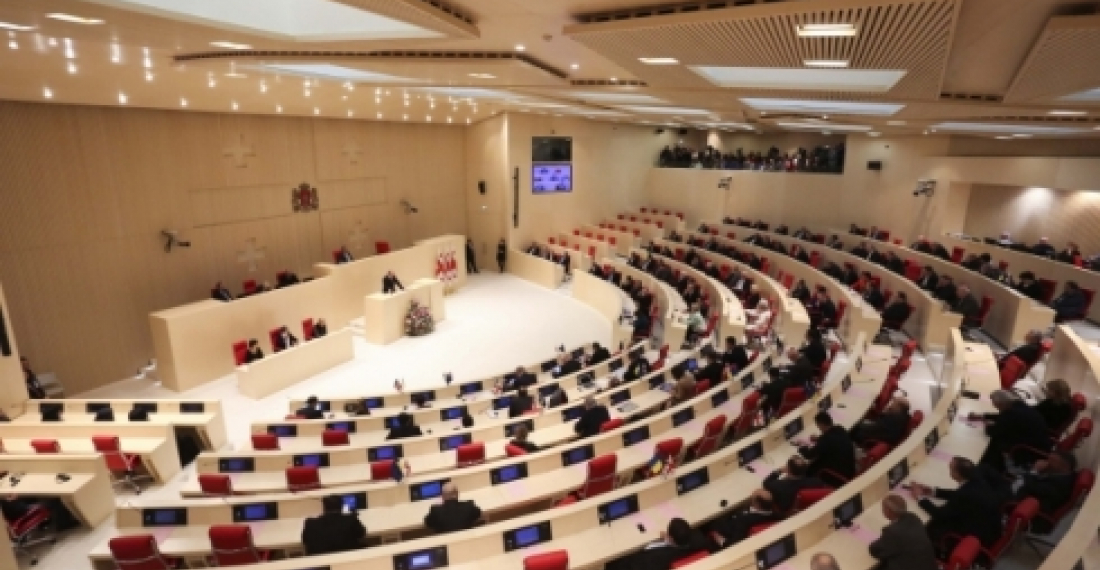Парламент Грузии принял ряд важных законодательных изменений о выборах, которые, как ожидается, укрепат избирательный процесс. Первый законопроект, который уже был одобрен в третьем чтении парламента, запрещает открытие специальных избирательных участков на территории министерства обороны, министерства внутренних дел, министерства по исполнению наказаний и пробации, подразделений служб государственной безопасности и разведки, а также специальной службы государственной охраны.
Эти перемены решают одну из главных проблем, которые в прошлом были связаны с избирателным прцессом в стране. На закрытых избирательных участках, особенно в военных учреждениях, часто солдаты голосовали по принуждению со стороны старших офицеров. Звучали обвинения, что голосование не было тайным. Устранение этих избирательных участков, как ожидается, будут приветствоваться международными наблюдателями.
Изменения допускают создание избирательного участка в исключительных случаях (пенитенциарные учреждения, дома призрения, больницы и т.д.).
Парламент также одобрил предложение Комитета по правовым вопросам согласно которому расширяется круг тех субъектов, которым дана возможность пользоваться бесплатным эфирным временем.
источник: commonspace.eu
фото: Парламент Грузии






